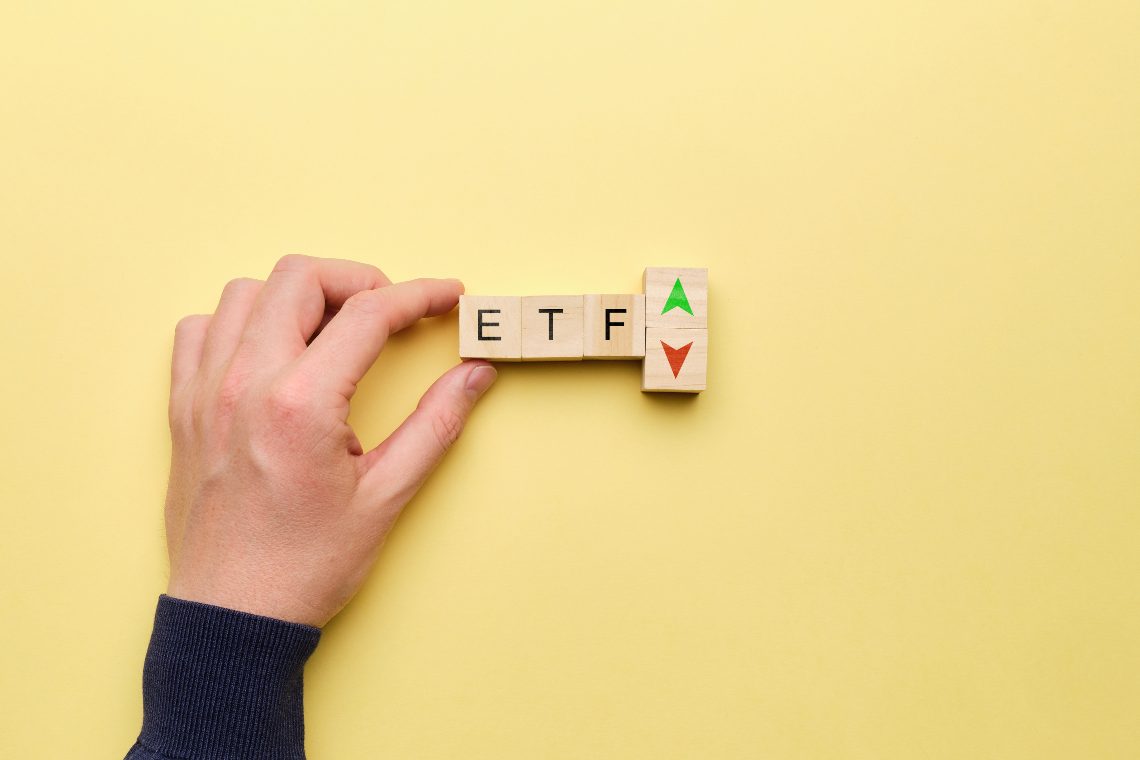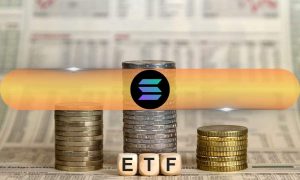The first bitcoin ETF in Latin America has been launched in Brazil.
#Bitcoin ETF News: @qrcapital has launched the #QBTC11 ETF, the first bitcoin ETF in Latin America! It’s now trading on the Brazilian Stock Exchange (B3). Proud that @Gemini Fund Solutions is the exclusive custody and clearing service provider. Para o alto e avante!
— Tyler Winklevoss (@tyler) June 24, 2021
It was issued by the Brazilian company QR Capital, based in Rio De Janeiro, and the fund is called QBTC11.
As reported by one of the Winklevoss twins, it is the first bitcoin ETF ever launched on a Latin American market, is tradable on the Brazilian Stock Exchange (B3), and uses Gemini Fund Solutions for custody and clearing.
In this respect, QBTC11 is similar to the ETF proposed to the SEC by VanEck, and not yet approved.
Interestingly, bitcoin ETFs continue to be launched in local financial markets around the world, starting with neighbouring Canada, but not in the US due solely to the SEC’s reluctance to approve one.
Bitcoin ETF launched in Brazil
QBTC11 is a 100% bitcoin-based ETF, is authorized by the Brazilian Financial Market Supervisory Authority (FMA) and uses the CME’s Bitcoin futures contract index, the CME CF Bitcoin Reference Rate.
Incidentally, the Chicago CME is also the exchange where the largest volumes of bitcoin futures contracts are traded, having been launched almost three years ago.
It seems as if only the SEC is against the introduction of bitcoin derivatives on the financial markets, while other similar agencies abroad and in the US are very much in favour.
Moreover, in September, when bitcoin becomes the currency of El Salvador along with the US dollar, it will be even more difficult for the SEC to refuse to approve an ETF on a legal tender, although this does not mean that approval is a foregone conclusion.
The QBTC11 ETF is an investment fund that has been issued so that it can be traded on the exchange like stocks. In fact, it is sufficient to connect to any terminal that allows trading on B3 and search for QBTC11 in order to be able to invest immediately and easily in the fund.
In this way, the investor does not have to worry about managing wallets or private keys, because he actually buys ETF shares through the usual brokers he already uses for stock markets. In addition, the minimum investment is $10.
The SEC’s concerns stem from this, namely the ease with which these instruments can be found and used, particularly by casual investors.
Such investors are often inexperienced, and are rarely aware of bitcoin’s volatility and the fact that it has no underlying asset when they choose to expose themselves to its price.
The other major concern is that the crypto markets are easily manipulated, given the still very low volumes, and that this can be exploited to siphon off money from inexperienced investors through widely used products such as ETFs and price manipulation strategies, especially in the short term.
Indeed, the US financial markets are the largest in the world, and an ETF on bitcoin could also magnify this risk due to the large presence of casual investors in this market.
The ETFs in other smaller markets pose relatively less of a risk, while their introduction in the US markets could amplify these risks quite a bit.
However, the more the crypto market grows, the more the risks paradoxically decrease, so it is possible that the SEC will sooner or later accept these risks and approve a bitcoin ETF for the US as well.
The post Brazil launches the first bitcoin ETF in Latin America appeared first on The Cryptonomist.
























